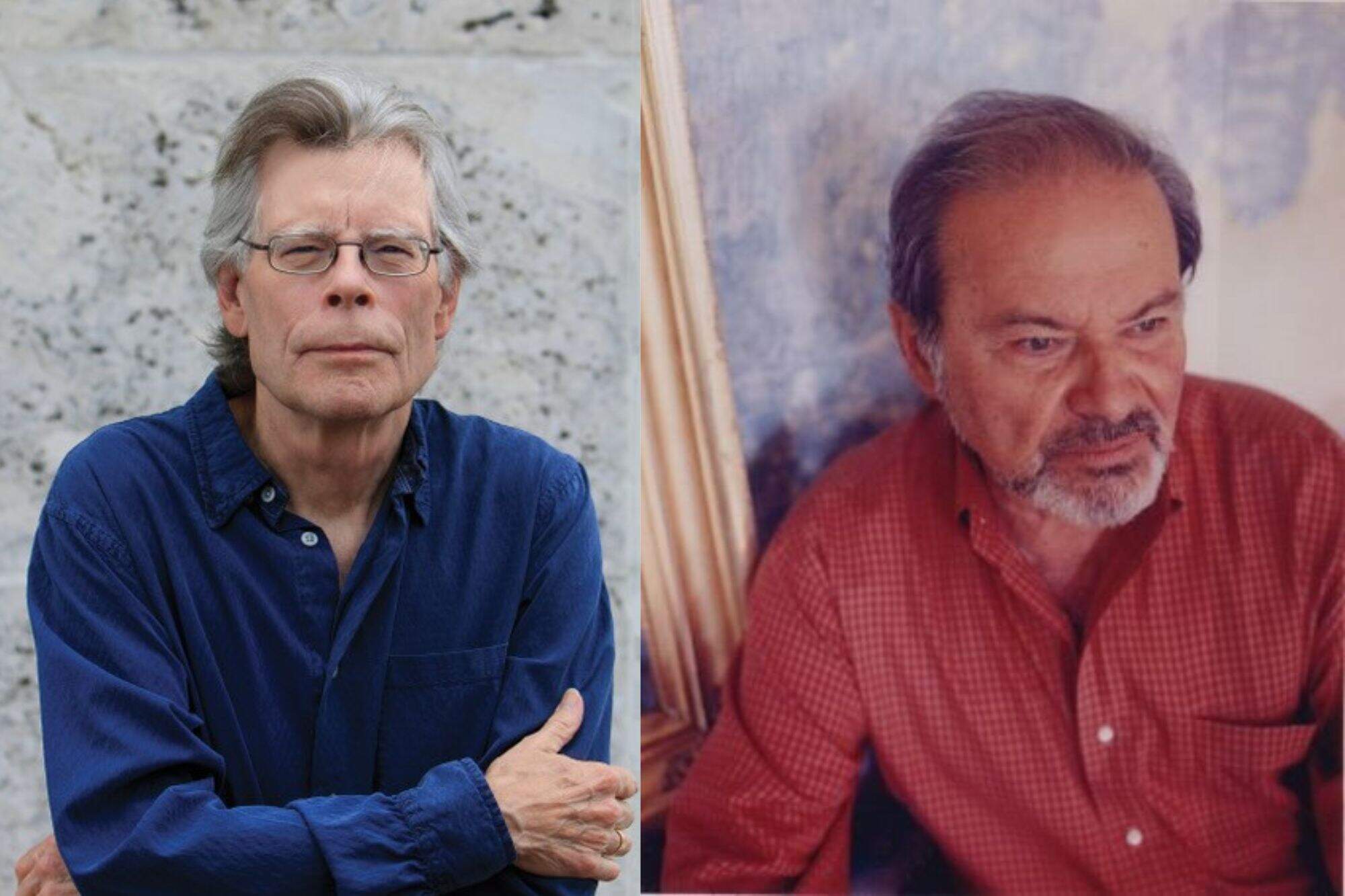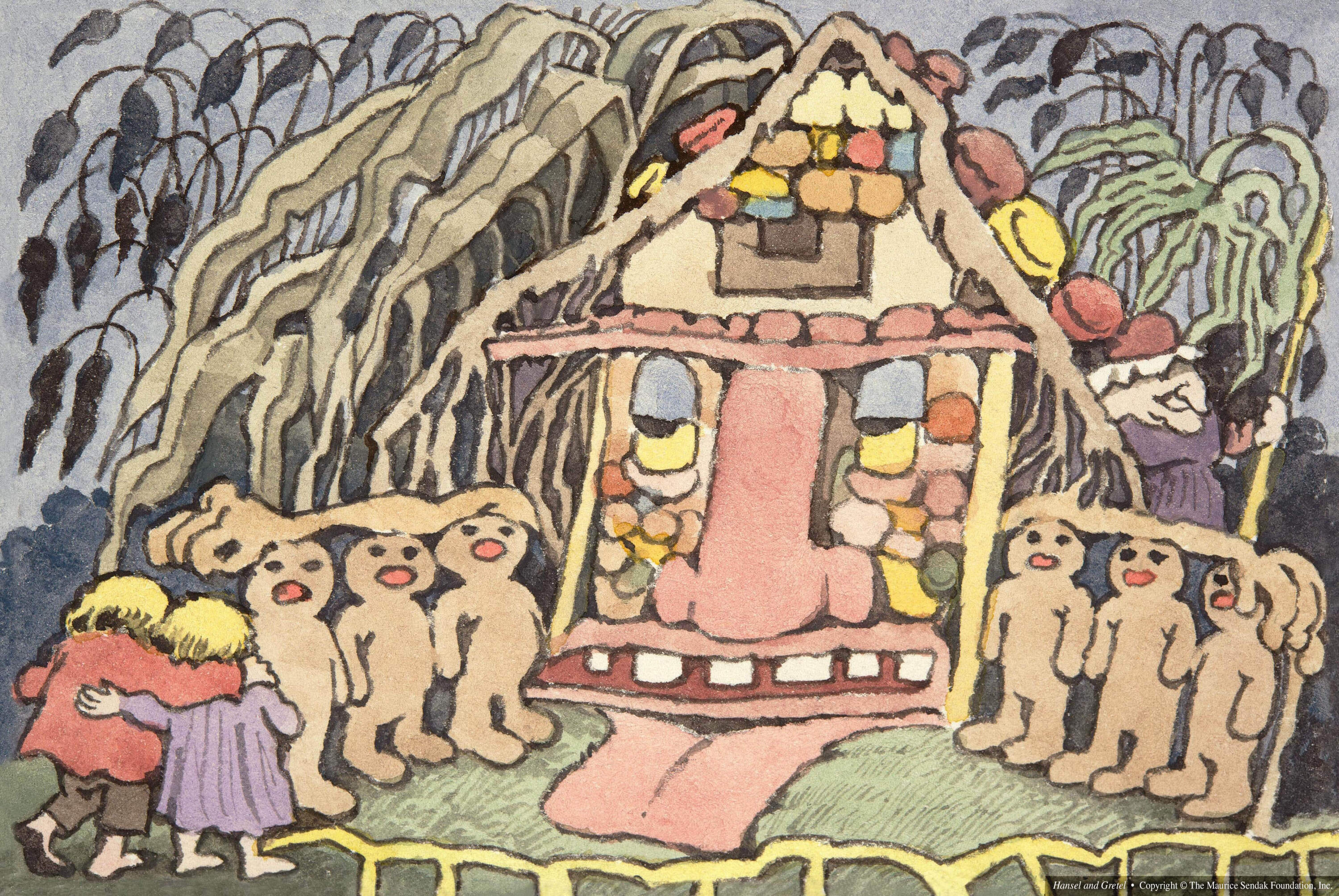Whack9 wrote: ↑Tue Jan 28, 2025 7:21 amNot a book, but while we're on the topic of salt, you might be interested in this documentary. It was very well done:Vrede too wrote: ↑Sun Jan 26, 2025 9:46 am
I just started reading:
Salt: A World History (2002)
Any town in England that ends in "wich" produced salt.
https://www.merriam-webster.com/dictionary/wich
I never knew.
My Name is Salt
https://m.imdb.com/title/tt3276852/Year after year, for an endless eight months, thousands of families move to a desert in India to extract salt from the burning earth. Every monsoon their salt fields are washed away, as the desert turns into sea.
A lot of heartbreak in the book: Wars, repression, greed, poverty, slavery, colonialism, environmental challenges and destruction, and a lengthy discussion of salt harvesting in India, especially since salt freedom from self-serving British market manipulation was the basis for Ghandi's first Indian campaign.Whack9 wrote: ↑Tue Jan 28, 2025 8:49 amYeah it's not an overarching history of salt. More of a slice of life type of documentary of a life most probably aren't even aware exists. No narration from what I remember. Heartbreaking, yes. The people featured no doubt live a tough life.Vrede too wrote: ↑Tue Jan 28, 2025 8:17 amIt does look interesting, and heartbreaking? IMDb RATING 7.7
Tomatometer 89%, Popcornmeter 90%
Since the book covers the globe and hundreds of thousands of years of salt harvesting it may discuss these people or ones just like them.
Neither the book nor doc have anything to do with the Angelina Jolie, Liev Schreiber action thriller, Salt.
From the 2002 review linked above:
Yep. The book is jam-packed with such factoids and the linking of salt to well known world events.... It was in Cod: The Biography of a Fish (1997) that Kurlansky first wrote of the 'perfect marriage' between salt and fish, and of how salt could shape history, citing how the Basques' discovery of the preservative properties of salt allowed them to sail further afield even than the Vikings.
Kurlansky's new book is subtitled A World History, and it is one of the few commodity histories to merit such a moniker, because salt isn't just a seasoning, it's a life substance, vital to the proper functioning of the human body. For as long as there have been humans, they've had to find or create salt to live. The history of salt is the history of humanity.
Second only to salt's physiological importance has been its use as a food preservative. It was the only way of decelerating putrefaction until technological advances in the twentieth century, notably the fast-freezing method pioneered by American eccentric Clarence Birdseye, but it remains intrinsic to our lives. Contemporary industry pundits claim salt has more than 14,000 uses.
Every piece of evidence in this book is arranged to point to salt as an agency of enormous power. It has determined the geography of warfare, urban growth (almost all Italian cities were built near a saltworks) and most of the world's trade routes....
Kurlansky is especially good on the metaphysics of salt, its metaphoric connotations and its religious significances. He draws our attention to the unrecognised ways in which salt has crystallised into our language. Salad is so named because the Romans liked to salt their vegetables. Salacious is from the Latin salax, meaning a man in love: literally, 'in the salted state'. The Roman army paid its soldiers in salt: thus the word salary and, indeed, soldier. And thus 'to be worth your salt', to earn your pay.
I don't think I'd recommend it. The book is quite the slog, 450 large paperback pages. It often feels repetitious. There are only so many ways to collect salt and only so many major uses - road deicing has become a huge one. Given the thousands of years of human history covered the same story feels like it's being told over and over.If there is a downside to Salt, it's that it lacks the bite of Cod. Cod was the product of a highly sensitive ecological imagination. Infused with a sadness for the passing of the cod, that book was a heartfelt elegy. Kurlansky's latest lacks this unifying attitude and occasionally lapses into a recital of statistics and factoids.
Including the decades of occupation that led up to it and India since.Salt is at its very best when it is peppery: there is, for instance, a brilliant and acrimonious chapter on the British salt laws in India and Gandhi's now famous salt march to the Gujarat coast.
It will appeal to the serious history buff.This is several books in one: a food history, a recipe book, a travelogue and a cultural history. It contains images which will abide with you: the body of a Bavarian salt miner prised from collapsed salt caves centuries after his death, for instance, perfectly preserved right down to the bright colours of his clothes. It is also stylishly written and wonderfully learned, covering a vast geographical and historical acreage. William Blake famously suggested that the world was to be seen in a grain of sand; Kurlansky has seen it in a grain of salt.



